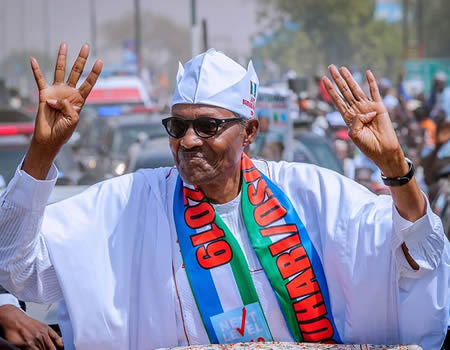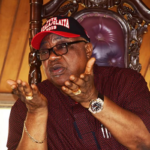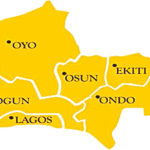Muhammadu Buhari is a household name in the annals of Nigeria. He is the same person who ruled Nigeria from 1983 to 1985 as a military Head of State after a coup de’tat with the appellation of a Major – General in the Nigerian Army.
He came into power again in 2015 following his victory at the poll against his major opponent, Dr Goodluck Ebele Jonathan of the People’s Democratic Party (PDP). This marks the first case in the history of Nigeria when an opposition leader wins the election against an incumbent president. This time, not as a Head of State but as both the Head of State and Head of Government, as well as the Commander in chief of the Armed Forces, with the title, ‘President’.
Finally, the same personality, who prefers to be addressed as ‘President Muhammadu Buhari’ emerged victorious in a highly competitive presidential election held on Saturday, February 23. This is the second coming of Buhari as a democratically-elected president of Nigeria.
Ogbomoso stands still as Alao-Akala campaigns for Adelabu, APC candidate
Meanwhile, the presidency through the Senior Special Assistant to the President on National Assembly Matters, Senator Ita Enang, had recently cautioned supporters of Buhari against anything that could incite the opposition to possible anger or violence as they celebrated his election victory at the poll. This seems to be a clear signal that President Buhari is not ready for violence in the country. The National Peace Committee (NPC) is working assiduously to ensure peace and tranquility in the country. If the leadership of the multiple political parties in Nigeria see pursuance of peace as part of their core mission and vision, then, our nation Nigeria would be a better place.
It may not be out of place to envisage the possibility of outbreak of pandemonium in the forthcoming gubernatorial and House of Assembly elections, which are specifically slated for tomorrow. The reason is due to the fact that those political party members that lost in the recently conducted election are still boiling in the heart of their hearts. Therefore, there is need for everyone to tread with caution. Besides, and most importantly, the contestants in the forthcoming elections are closer to the people at the grass roots; hence, there is possibility of invoking the spirit of sympathy voting. In such a case, the citizens may be unduly influenced to vote wrongly.
In spite of the obvious achievements of the number one citizen of the country during his first tenure, he would continue to receive criticism as long as he remains in power. Our president should be reminded that a criticism is not an offence. On the other hand, politicians and the general public should be constructive in their criticisms. Surely, Nigeria would achieve considerable progress in the midst of peaceful coexistence and national cohesion. May God bless Nigeria.
Daniel E. Ejodamen
Benin City.






